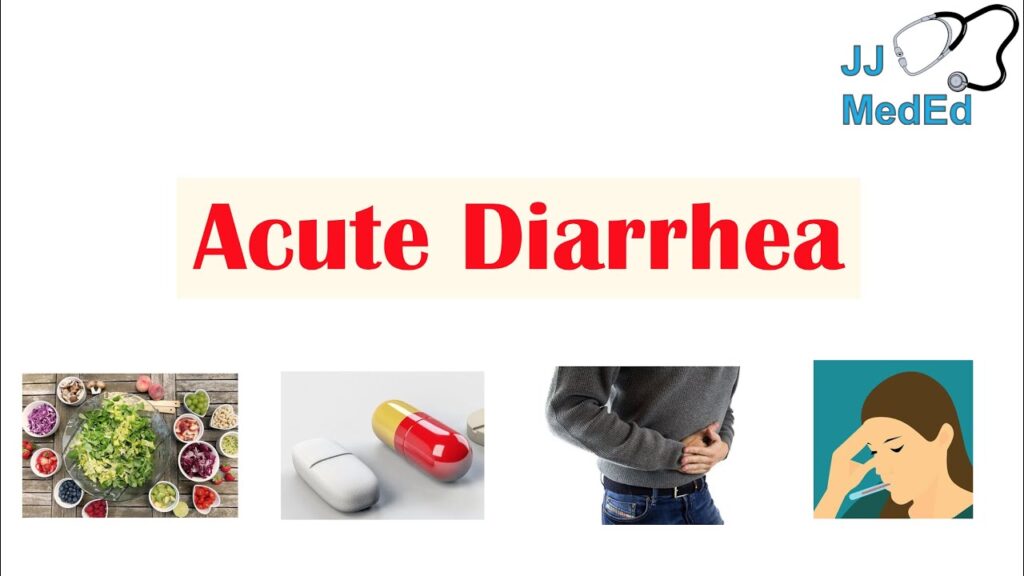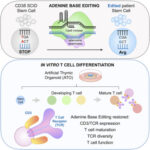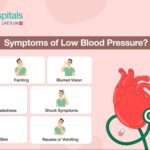Severe diarrhea is characterized by frequent, watery bowel movements that may lead to significant fluid loss, electrolyte imbalance, and dehydration. Defined clinically as more than three loose or liquid stools per day, it becomes severe when symptoms escalate to include signs of systemic compromise or when it persists beyond a few days. This condition requires prompt diagnosis and treatment to prevent life-threatening complications, particularly in vulnerable populations such as infants, the elderly, and the immunocompromised.

Primary Causes of Severe Diarrhea
Infectious Agents
The most common cause of severe diarrhea is infection from viruses, bacteria, or parasites.
- Viruses: Norovirus and rotavirus are leading viral causes, particularly in children.
- Bacteria: Escherichia coli, Salmonella, Shigella, and Campylobacter are often transmitted via contaminated food or water.
- Parasites: Giardia lamblia and Entamoeba histolytica are parasitic causes, especially in travelers or immunosuppressed patients.
Non-Infectious Triggers
- Medications: Antibiotics, antacids with magnesium, and chemotherapy drugs can disrupt intestinal flora or mucosal lining.
- Inflammatory Conditions: Crohn’s disease, ulcerative colitis, and microscopic colitis lead to chronic inflammation and mucosal injury.
- Malabsorption Syndromes: Celiac disease, lactose intolerance, and pancreatic insufficiency hinder nutrient and fluid absorption.
- Toxins and Irritants: Consumption of contaminated water or exposure to chemical agents may precipitate acute or prolonged diarrhea.
Symptoms Indicative of Severe Diarrhea
The hallmark symptom is the passage of loose, watery stools. However, severe cases often present with systemic and localized symptoms that include:
- Excessive stool frequency (≥6 per day)
- Abdominal cramps and urgency
- Nausea or vomiting
- High-grade fever (≥38.5°C or 101.3°F)
- Visible blood or mucus in stool
- Signs of dehydration: dry mucous membranes, sunken eyes, decreased urine output, hypotension, and tachycardia
Complications of Untreated Severe Diarrhea
Failure to manage severe diarrhea promptly can result in critical complications:
- Dehydration and Hypovolemia: Loss of fluids and electrolytes can cause hypovolemic shock, particularly in infants and older adults.
- Electrolyte Imbalances: Hypokalemia and metabolic acidosis can lead to cardiac arrhythmias or neurological deficits.
- Acute Kidney Injury: Due to volume depletion and low perfusion.
- Sepsis: Particularly in bacterial etiologies with mucosal invasion.
- Malnutrition: Especially with chronic cases involving nutrient malabsorption.
Diagnostic Approach to Severe Diarrhea
Clinical Assessment
A comprehensive history should include:
- Onset and duration of symptoms
- Stool characteristics (e.g., color, consistency, presence of blood)
- Associated systemic symptoms
- Recent travel, food history, or antibiotic use
- Comorbid conditions
Laboratory Evaluation
- Stool cultures: Identify bacterial pathogens
- Ova and parasite examination: Essential in persistent cases
- Clostridioides difficile testing: For patients with recent antibiotic exposure
- Electrolytes, BUN, creatinine: Assess severity of dehydration
- Inflammatory markers: CRP, fecal calprotectin may indicate IBD
Evidence-Based Treatment Strategies
Rehydration Therapy
Oral Rehydration Solution (ORS) remains the cornerstone for treating mild to moderate dehydration. It consists of:
- Sodium
- Glucose
- Potassium
- Chloride
- Citrate
For patients with severe dehydration, intravenous fluids (e.g., normal saline, lactated Ringer’s) are indicated.
Antimicrobial Therapy
- Empiric antibiotics may be administered in cases of suspected bacterial infection with systemic signs or dysentery.
- C. difficile colitis: Treated with vancomycin or fidaxomicin.
- Giardiasis or amebiasis: Treated with metronidazole or tinidazole.
Adjunctive Treatments
- Antimotility agents: (e.g., loperamide) used cautiously in non-invasive diarrhea.
- Probiotics: May help restore gut microbiota and shorten the course in viral gastroenteritis.
- Nutritional support: High-protein, low-fat diets aid mucosal recovery.
Prevention and Public Health Considerations
Hygiene and Sanitation
- Handwashing with soap and water
- Safe food preparation and storage
- Clean water sources
Vaccination
- Rotavirus vaccine: Effective in reducing diarrhea-related hospitalizations in infants.
- Cholera vaccine: Recommended in endemic or outbreak settings.
Travel Precautions
- Drink only bottled or boiled water
- Avoid raw vegetables and unpasteurized dairy
- Use prophylactic antibiotics only when prescribed
Special Considerations in Vulnerable Populations
Pediatric Patients
Infants have lower physiological reserves and are prone to rapid deterioration. WHO guidelines emphasize early ORS administration and zinc supplementation to reduce severity and recurrence.
Elderly and Immunocompromised
These groups face heightened risk of complications. Prompt evaluation, aggressive fluid management, and tailored antimicrobial use are vital.
Long-Term Management of Recurrent or Chronic Diarrhea
Patients with diarrhea lasting more than 4 weeks require further evaluation for chronic infections, inflammatory bowel disease, irritable bowel syndrome (IBS), and malignancies. Colonoscopy, capsule endoscopy, and advanced imaging may be warranted.
Severe diarrhea is a critical condition that demands timely recognition, precise diagnosis, and targeted treatment. Multidisciplinary care, encompassing fluid therapy, microbial identification, nutritional support, and public health initiatives, plays a pivotal role in reducing morbidity and mortality. Ensuring access to clean water, vaccinations, and global awareness will be instrumental in preventing outbreaks and managing cases effectively.

